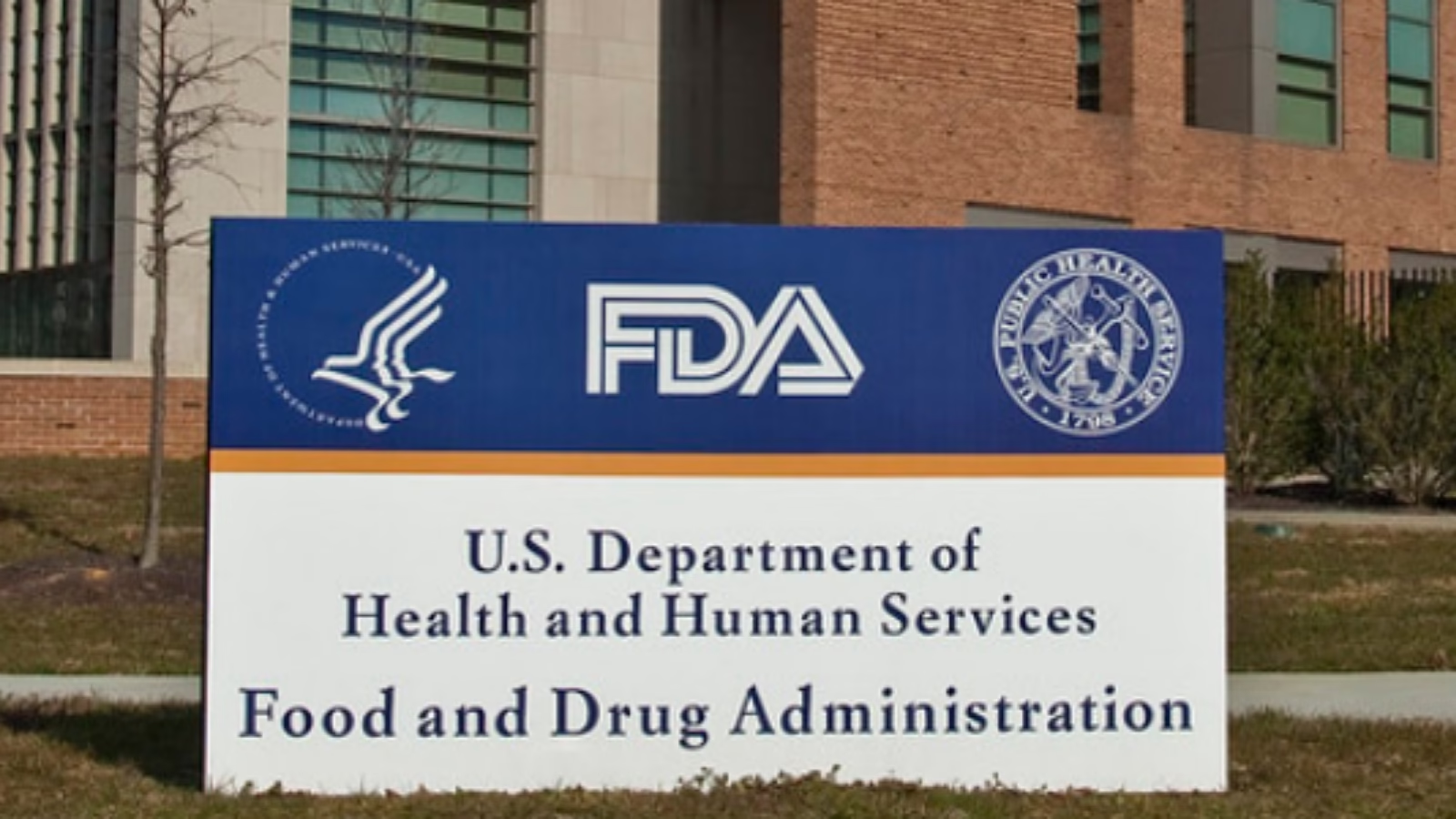The U.S. Food and Drug Administration (FDA) has approved Abeona Therapeutics’ gene therapy, Zevaskyn, for the treatment of recessive dystrophic epidermolysis bullosa (RDEB) — a rare and severe genetic skin disorder that causes chronic, painful wounds. The news sent shares of the Cleveland-based biotech firm up 13% in premarket trading.
Zevaskyn, also known as pz-cel, is approved for both adult and pediatric patients. The therapy works by inserting healthy copies of the COL7A1 gene — which is defective in RDEB patients — into skin cells. These genetically modified cells are then grafted back onto the patient’s body to promote healing of large, persistent wounds.
RDEB patients suffer from extremely fragile skin due to the absence of type VII collagen, which normally anchors the layers of skin together. The current standard treatment consists of intensive daily wound care and bandaging.
Zevaskyn is expected to become available in the third quarter of 2025 at designated treatment centers. The FDA’s decision follows promising results from clinical trials that showed substantial wound healing and pain relief.
The therapy enters a market that already includes Krystal Biotech’s Vyjuvek, approved in 2023 for treating smaller wounds in RDEB. Experts say the combination of Vyjuvek and Zevaskyn could significantly improve patient outcomes. “Hopefully [this will] make this disease chronic but livable,” said Brett Kopelan, executive director of patient support group debra of America.
Jefferies analyst Maury Raycroft projects Zevaskyn could generate $427 million in peak sales by 2034, with an estimated price tag of $1.75 million per treatment round, after royalties.



